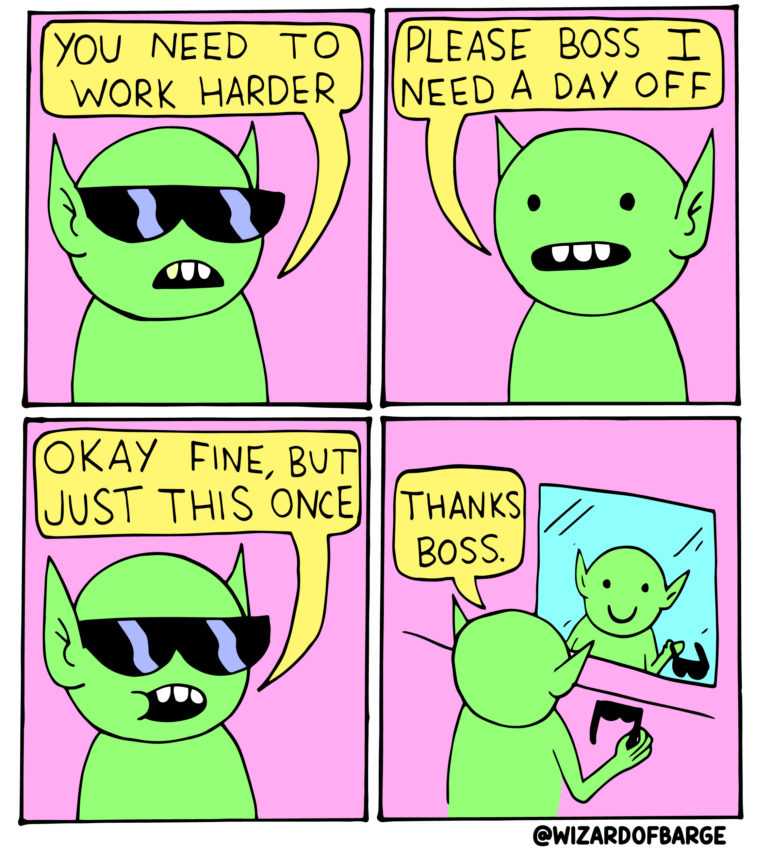As the pandemic ravages the economy, many workers are learning that their livelihoods are subject to the whims of fate. In this financial environment, the company you poured nearly a decade of blood, sweat, and tears into can cut you loose at a moment’s notice due to factors sometimes outside of their control. Sure, employers’ intentions when downsizing their staff aren’t intentionally malicious, but, when you’re thinking of how you’re going to pay your bills this month, that fact is hardly enough of a consolation. At any time you lose a job, you may be feeling powerless and wishing you had something to fall back on. You’d want for there to be some way that you’d never have to be in a position where you have to depend on someone else to feed yourself. The thing that would fulfill all these desires: owning your own business.
Some of you may be reading these words and wondering how you could ever start a business when so many fail during the quarantine. While this is true in some cases, there’s plenty of data to support that this may not be the case for much longer. It may even be entirely necessary that there be as many entrepreneurs as possible, creating new businesses that can lead the charge. Bloomberg speculates that the U.S. economy will make a slow, steady revitalization, which Forbes argues, will be wholly dependant on not only the success of corporate powerhouses, but also the small startups that will spring up in the next few years. COVID-19 has even inspired a whole host of government-sponsored small business loan programs that would provide the necessary capital, so, if anything, now is the perfect time to launch the business of your dreams.
Now that affordability and plausibility are out of the way, the next step is deciding what your business should be. Traditionally, profitable business ideas come from someone seeing a need in the market that is not being fulfilled by anyone else. For example, the founder of Spanx, Inc., Sara Blakely, got the idea for her company’s initial product from modifying a pair of pantyhose to give her pants a “smoother look.” Blakely applied this idea to other products I order to make them more aesthetically pleasing. Blakely soon learned that other women appreciated her unique approach as well as her designs, and, soon enough, she found herself owning a billion-dollar company.
Finally, we have the logistics and side of things that don’t have to be as intimidating as they sound. It is usually best for small businesses to choose a Limited Liability Company business structure (LLC.) as it will shelter them from personal debt responsibility, tax advantages, and the lack of a need for a board of directors. Then, to comply with most city and state laws, you will have to register your company under a unique name that is not already taken by another business. The best names are short yet memorable, so pick something creative that resonates with your goals. More information on the actual registration forms you would need, depending on your location, can be found here, while links to the tax forms you need to complete are here. From there, you need only open an account with any trusted bank or credit union, and then you can shop around for any affordable business insurances. While it can sound like a lot of paperwork, it’ll be remembered as a small annoyance after you get your first customers.



